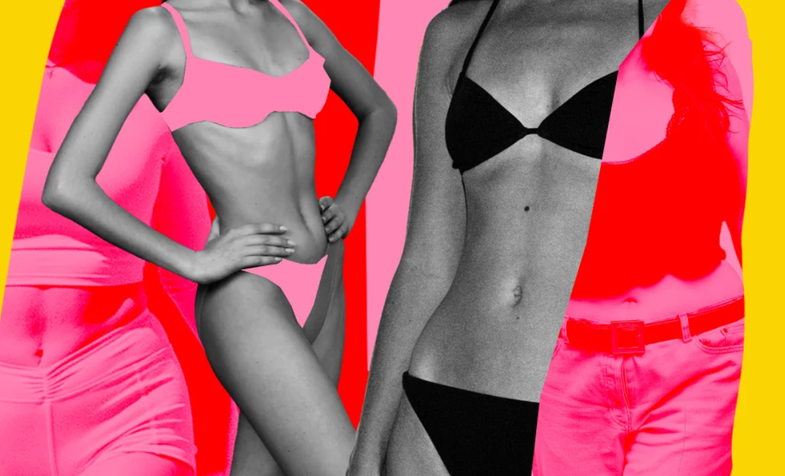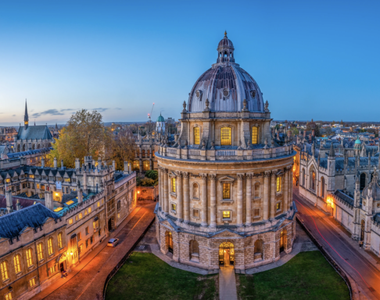
Celebrity VIP stylist Ariel Tunnell says she's noticed an alarming trend in the fashion industry: while there are styling options for plus-sized bodies, the choices for them are becoming fewer and fewer.
"I think we're all aware that we're taking a step back," said Tunnell, who has styled stars including singer Camila Cabello and actress Rachel Bloom. "There was a bigger push for inclusion and acceptance of bodies of all shapes and sizes that feels like it's going backwards right now."
Tunnell's concerns echo those of body positivity advocates, who have spent years advocating for self-acceptance, regardless of body type. Now, many worry that 2024 marked a return to "thinness" as the norm.
Influencers who are known for championing body positivity began sounding the alarm earlier this year, saying that it seems like the way people talk and think about people's bodies has turned into a size-specific obsession that includes the tendency to to be drastically weakened.
Recently, some of Hollywood's biggest stars have spoken out about unfair beauty standards. This month, actress Sydney Sweeney hit back at online hate comments that described her as "fat" in paparazzi photos of her vacationing in the Florida Keys.
Actress Florence Pugh also addressed public comments about her body, telling The Sunday Times in a recent interview that there are people who are "still mad at her for not losing more weight".
In their Spring/Summer 2025 Larger Body Inclusion report, Vogue Business wrote that "progress has stalled and we're facing a worrying return to the use of ultra-thin models amid the Ozempic boom." , referring to the popularity of the drug being used for weight loss.
Even some brands' attempts to be more inclusive were seen as unsuccessful. Victoria's Secret, a lingerie brand that once faced criticism for its lack of inclusivity, has included plus-size models like Ashley Graham. The brand said it would move "from promoting an exclusionary view of what sex is to accepting all women at every stage of their lives". However, some said they felt the show still featured mostly skinny models.
In recent years, the world of plastic surgery has also appeared to be moving away from the "Kardashian" model. A study published in June by the American Society of Plastic Surgeons found an increased interest in what it described as the "ballet body," or a body that looks both "natural" and athletic and is achieved through several procedures, including liposuction, breast augmentation and fillers.
Some who have studied the body positivity movement said they believe it never gained much acceptance from society anyway.
There is "no evidence that we're seeing less bias against health" or "less shaming of women about their body size," said Renee Engeln, a psychology professor at Northwestern University.
"Certainly, in the last few decades, I don't think we've seen significant changes," she said. "I think we have to remember that there's a difference between writing messages about body positivity and actually feeling good about your body."
Many people, especially women, have continued to face unfair beauty standards as their bodies are scrutinized. For example, during the Wicked press tour, online commentators discussed the weight of stars Ariana Grande and Cynthia Erivo, who they criticized as "too thin".
According to Engeln, many efforts to change people's thinking about their bodies are individualistic and do not attempt to address systemic issues at the root of why thinness is often glorified.
"Like, 'There's something wrong with the way you're thinking about your body. You need more confidence. You need to accept that,'" Engeln said of body positive messages. "And that would be great if these things would happen, but it does nothing to change a wider culture that is steeped in only toxic attitudes about women's bodies."
Tunnell, the designer, echoed Engeln's belief that social change requires a broad effort.
"If nobody fights and nobody keeps talking, I think the underdog will always be the underdog and the underdog will always win," Tunnell said. "Because that's unfortunately ingrained in our society, and if we don't always define that norm, it's not going to be broken."
Suggested Articles:





